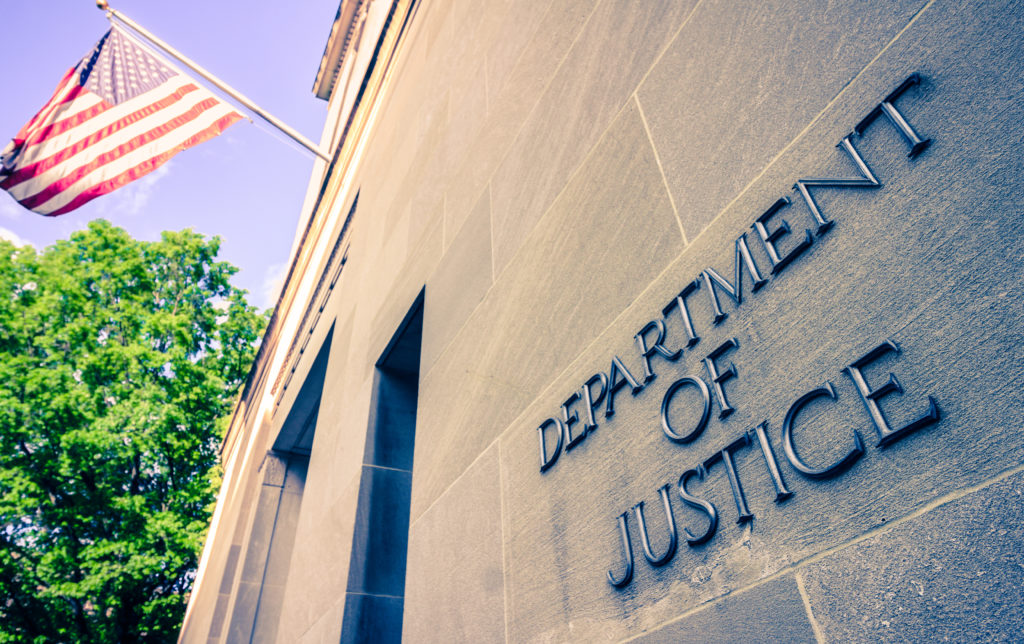With the tel-evangelical activist Wayne Pacelle in charge of the so-called “Humane Society” of the United States, and the radical People for the Ethical Treatment of Animals running a new ad campaign asking people to “be an angel for animals,” it’s no surprise that more and more Americans are recognizing religious undertones in the animal rights movement. Florida agriculture professor Wes Jamison shared his own thoughts on this strategy last week at the Illinois Commodity Conference, and the Peoria Journal Star was there:
Jamison’s presentation, including broadcast excerpts from TV evangelists, radio talk-show host Rush Limbaugh and "Saturday Night Live," focused on tactics employed by the Humane Society of the United States.
"People really like dead animals on their plate. So why should the apex predator care about its prey? Religion is the answer – the key to a winning campaign," he said.
It’s hard to disagree with this assessment. After all, HSUS has its own “director of faith outreach.” And as we document in our “Holy Cows” report, PETA has no problem willfully twisting the scriptures of several religions to further its aims.
And then there’s the climate change convention last month in Washington, which featured the “Supreme Master” Ching Hai along with speakers from both HSUS and the woefully misnamed animal rights group Physicians Committee for Responsible Medicine.
Thankfully, not everyone is buying the animal rights movement’s thou-shalt-not-eat-meat façade. Even the federal government seems to understand a false prophet when it sees one.
Take a look at this “Facility Security Profile” questionnaire from the U.S. Department of Agriculture’s Animal and Plant Health Inspection Service. On page 4, the USDA lists PETA under the section labeled “Terrorist Threat,” listing it alongside the notorious domestic terrorist groups Animal Liberation Front, Earth Liberation Front, and Stop Huntingdon Animal Cruelty. (The USDA removed the form from its website yesterday after we started spreading the word. But you can find a PDF copy preserved here.)
So is the animal rights movement holier-then-thou? Or does it peddle salvation with one hand and violence with the other? Perhaps it’s a little of both. We’ll let you be the judge.




